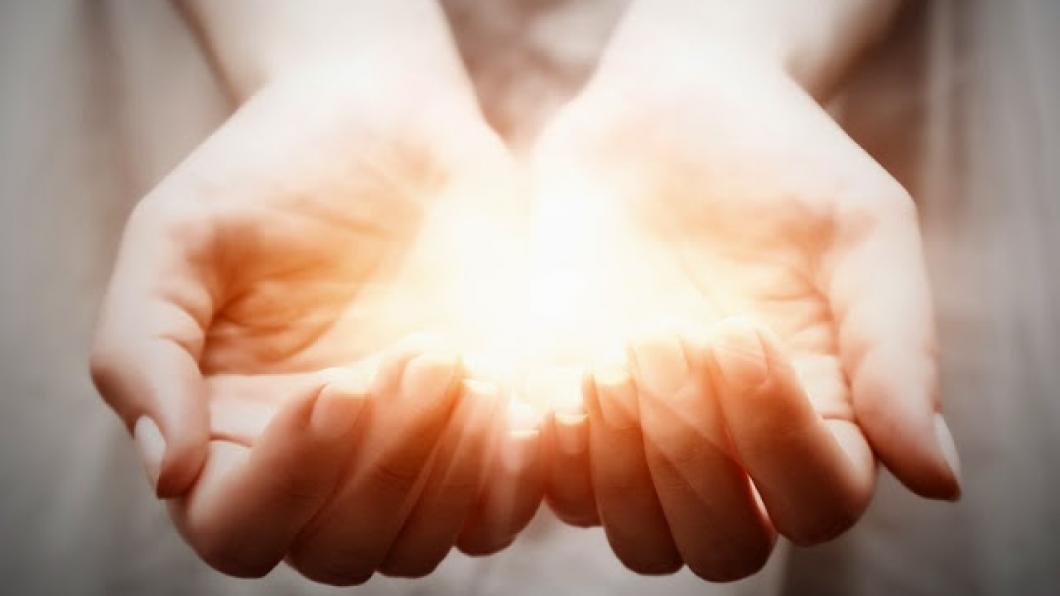
'Getting a diagnosis has changed our world'
By Keith McArthur
Laura took a deep breath and mustered up the courage to call the neurology clinic.
Families of sick children were supposed to wait patiently. The clinic nurse had made this clear eight weeks earlier when Laura first called to check up on our son Bryson’s lab results.
But parents quickly learn that it pays to be pushy. And what was supposed to be a four-month wait had stretched to half a year of waiting to find out if Bryson had tested positive for a degenerative disease that would prevent him from reaching adulthood. So Laura ignored the ‘don’t call us; we’ll call you’ directive and dialed again.
“The results still aren’t back,” the nurse said. “We’ll call you when they are.”
When Laura pressed, the nurse reluctantly agreed to check on the file. A few minutes later, the nurse returned to the phone to sheepishly acknowledge that an error had been made. Bryson’s blood was never sent to the US lab for testing.
The reality of this—another four months of waiting—hit Laura hard. She hung up the phone and wept.
Four months later, the results finally came back. They were negative.
For nearly a decade, Bryson has endured countless tests to try to uncover a diagnosis: A muscle biopsy. Multiple MRIs and EEGs. Dozens of blood and genetics tests. One by one, we crossed potential diagnoses off the list as every test came back negative.
But a few days ago our world changed. Through a full sequencing of Bryson’s DNA, we have a diagnosis. Bryson has an extremely rare genetic disorder known as GRIN1, named for the gene that is misspelled.
It’s so rare that our doctors don’t really know much about it. And there’s very little on the Internet about it. But through social media, we’ve already connected with families in the United States and Europe who have children with this diagnosis.
While details vary from person to person, the common symptoms include moderate to severe intellectual disability and low muscle tone. Many kids also have seizures. Interestingly, several of these children find joy watching sports.
And the good news: the disease isn’t degenerative. GRIN1 kids progress and develop in physical and mental ability at their own pace.
Our kind and brilliant genetics doctor, Ronald Cohn, confided he’s been surprised over the years at how happy families are to receive a diagnosis—even when it doesn’t change treatment.
And indeed, getting a diagnosis has changed our world.
Laura has always felt like maybe the pregnancy was her fault—that she did something wrong when Bryson was in her belly. The pressure on expectant mothers to be perfect is immense. Now she can finally let go of this toxic guilt.
And for me? I understand now that Bryson’s little body is doing exactly what it’s supposed to be doing given his own genetic code. He is perfect. Yes, one of his genes is coded differently, but the vast majority—some 20,000—are copies of mine and Laura’s.
Not only that, but we now have the knowledge that in the future, there could possibly be new treatments—medicines or gene therapies—that could help Bryson to progress more quickly.
The biggest change, however, is that our family is finally part of a community. It’s a small community; we know of just eight other people with the disease. But we are no longer alone.
Bryson will never be alone.
We found these families through a blog post a GRIN1 mom had written.
So I want to speak directly to any families who might find this post after receiving their own diagnosis:
First, congratulations and welcome to our community. Please reach out so we can learn more about GRIN1 together. Meantime, I’ve included some links below where you can read more about Bryson and other kids with GRIN1
This post initially appeared on Keith McArthur's blog.
Bryson
Baseball and Belonging
My Father’s Day Pledge
Hunter
Penguins games therapeutic for Carnegie toddler with rare gene mutation